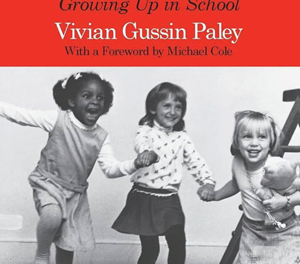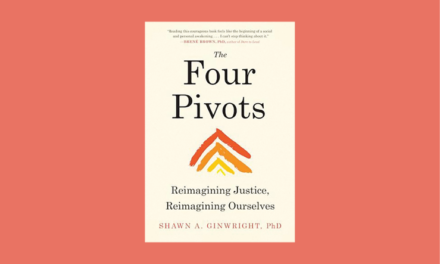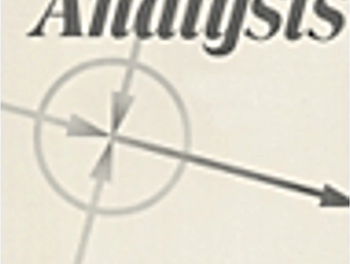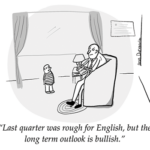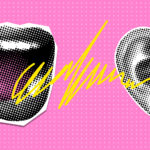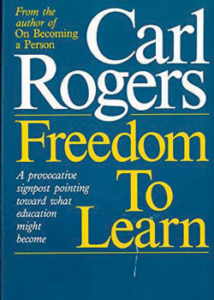 Freedom to Learn
Freedom to Learn
By Carl Rogers (Merrill, 1969)
Thirty-two years ago, when I was beginning my career as a teacher, I scoured used bookstores for books that would help me to be a progressive teacher. One day, I came across Freedom to Learn by the humanistic psychologist Carl Rogers. I did not know who Rogers was, but the title tapped my progressive passion.
Rogers writes that teachers must trust students, a bold idea for a paradigm of schooling that gives students zero agency: “If I distrust the human being then I must cram him with information of my own choosing, lest he go his own mistaken way. But if I trust the capacity of the human individual for developing his own potentiality, then I can provide him with many opportunities and permit him to choose his own way and his own direction in his learning” (p. 114).
Rogers believed that children are inherently motivated to learn, an idea that aligned with my own experience. He writes that students are “curious, eager to discover, eager to know, eager to solve problems” (p. 131) and that “significant learning takes place when the subject matter is perceived by the student as having relevance for his own purposes” (p. 158). In my own schooling, I saw little purpose in most of what I was told to learn, yet I was highly motivated to learn — outside of school.
Rogers’ ideas about the power of learning by doing and exploring real issues that matter connected to my own learning in life: “Much significant learning is acquired through doing. Placing the student in direct experiential confrontation with practical problems, social problems, ethical and philosophical problems, personal issues, and research problems, is one of most effective modes of promoting learning” (p. 162).
Reading Freedom to Learn was like sticking my finger in an electrical outlet. It jolted me to question my assumptions and inspired me to see new possibilities.
ABOUT THE AUTHOR

Steven Wolk
Steven Wolk is a professor in the teacher education department at Northeastern Illinois University, Chicago. He is the author of Caring Hearts and Critical Minds: Literature, Inquiry, and Social Responsibility.

